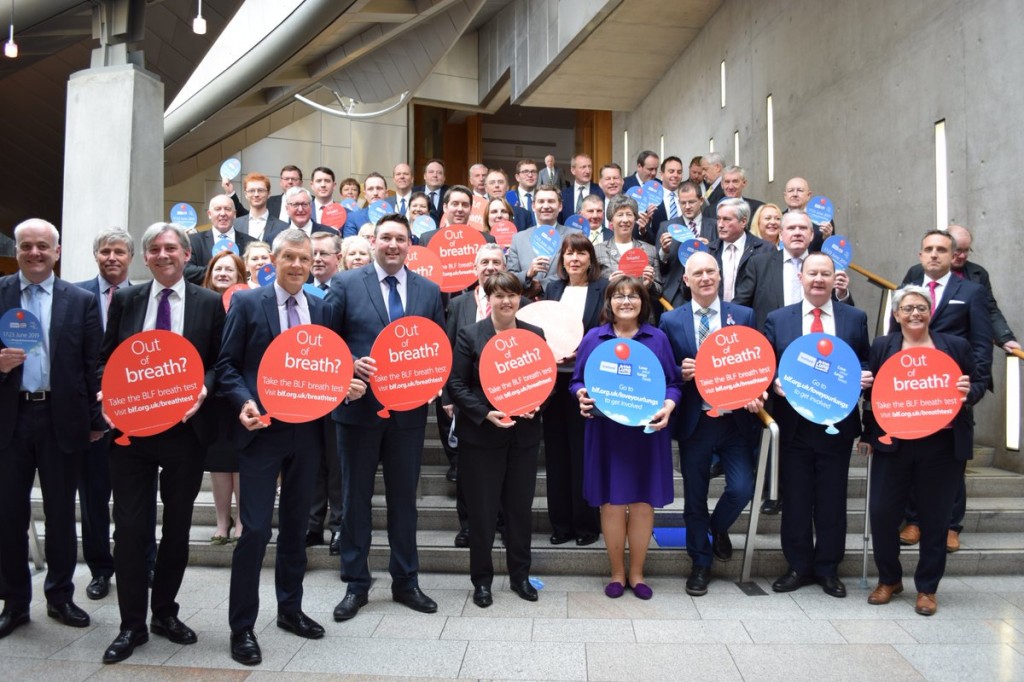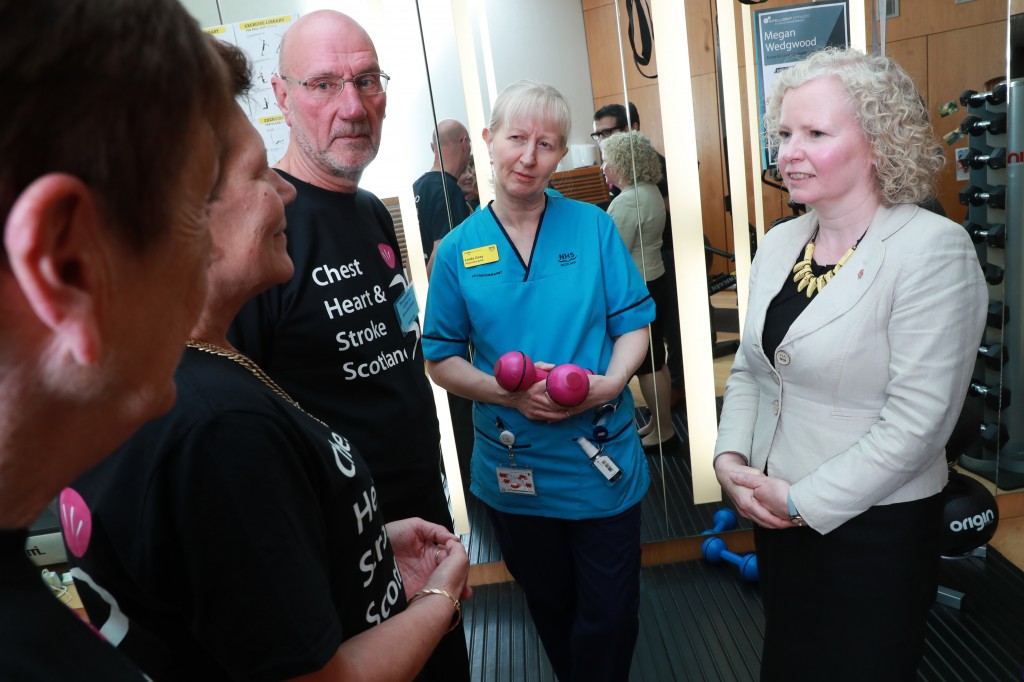Child poverty figures for Scotland make for unpleasant reading, with almost a quarter of children in Scotland in poverty and the latest projections estimating an additional 50,000 children being drawn into poverty over the next few years. That’s a classroom of children every day. While I agree with Nicola Sturgeon that the impact of UK welfare policy is significant, the Scottish Government has to act and use the powers of the Scottish Parliament to introduce positive measures to support families in need.
This week, the Scottish Government reported on the progress of a targeted family income supplement, previously planned for introduction by 2022. The new Scottish Child Payment of £10 a week will be rolled out for eligible under-6s by the end of the current parliamentary in 2021 and extended to under-16s by the end of 2022. While this additional support for families in poverty is to be welcomed, the reality that it took repeated calls from charities and campaigners to get to this point is less so.
An open letter was signed by 70 organisations calling for the supplement to be brought forward. Scottish Labour’s repeated calls for the income supplement to be fast tracked had the backing of organisations like the Joseph Rowntree Foundation. The Government’s own Poverty Commission urged its introduction in the current Parliament. It should not have taken so long for the Scottish Government to act and it is a disappointment the full roll out of the payment will still not take place until 2022.
The Scottish Government estimates by 2024, these payments could lift 30,000 children out of relative poverty by 2024. But with 240,000 children living in poverty now, much more needs to be done. The Resolution Foundation predicts that child poverty will continue to rise over the next five years to a 20-year high of around 29% by 2023-24. If we want to reverse this trend we have to act.
The Trussell Trust, which operates 135 food banks across Scotland, has highlighted that last summer saw a 21% increase in the number of emergency food parcels given to households with children. With the start of the school holidays, food banks across the country have warned they are facing their “busiest summer ever” with families who qualify for free school meals increasingly struggling to feed their children over the holidays. Foodbanks do all they can to support families in need, but they are not a long-term solution and all households should be protected from needing their help by long term solutions to poverty.
If we are serious about addressing the challenges in our society of inequality and poverty, we need to take determined and sustained action at all levels of Government. We need to see a real living wage for all workers, to protect families from in-work poverty, an end to zero hours contracts to improve income security, and an economic strategy that offers more opportunity to find employment. A Scottish Government which fails to heed to the advice of its own Poverty Commission and which only acts when repeatedly pressured by charities and campaign groups is one which looks like it is lacking ambition. The Scottish Child Payment is a belated but welcome step in the right direction, but it is a modest one when what we need is a giant leap.


